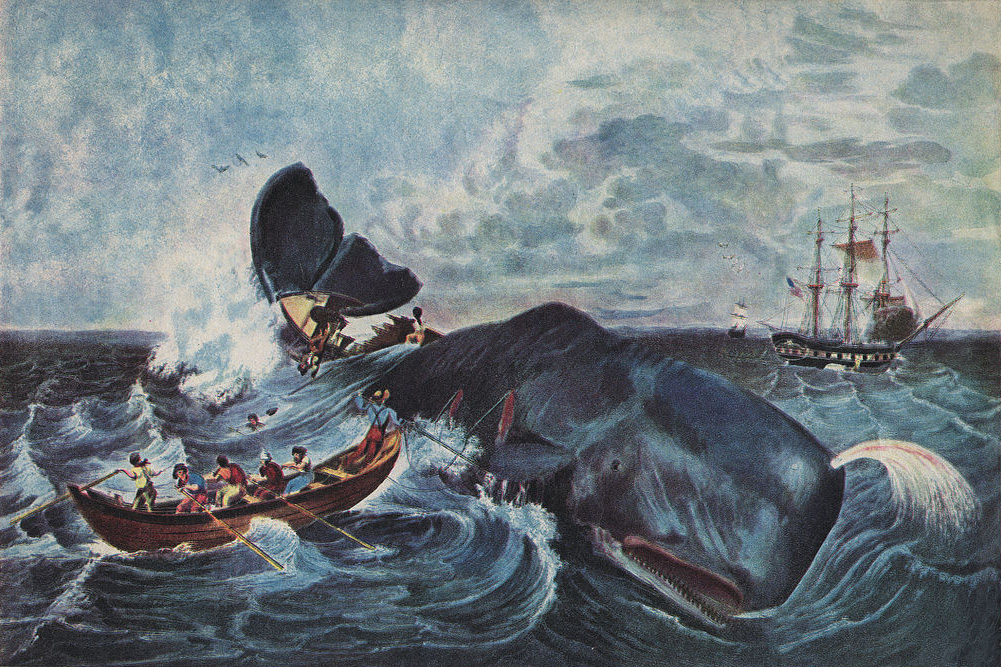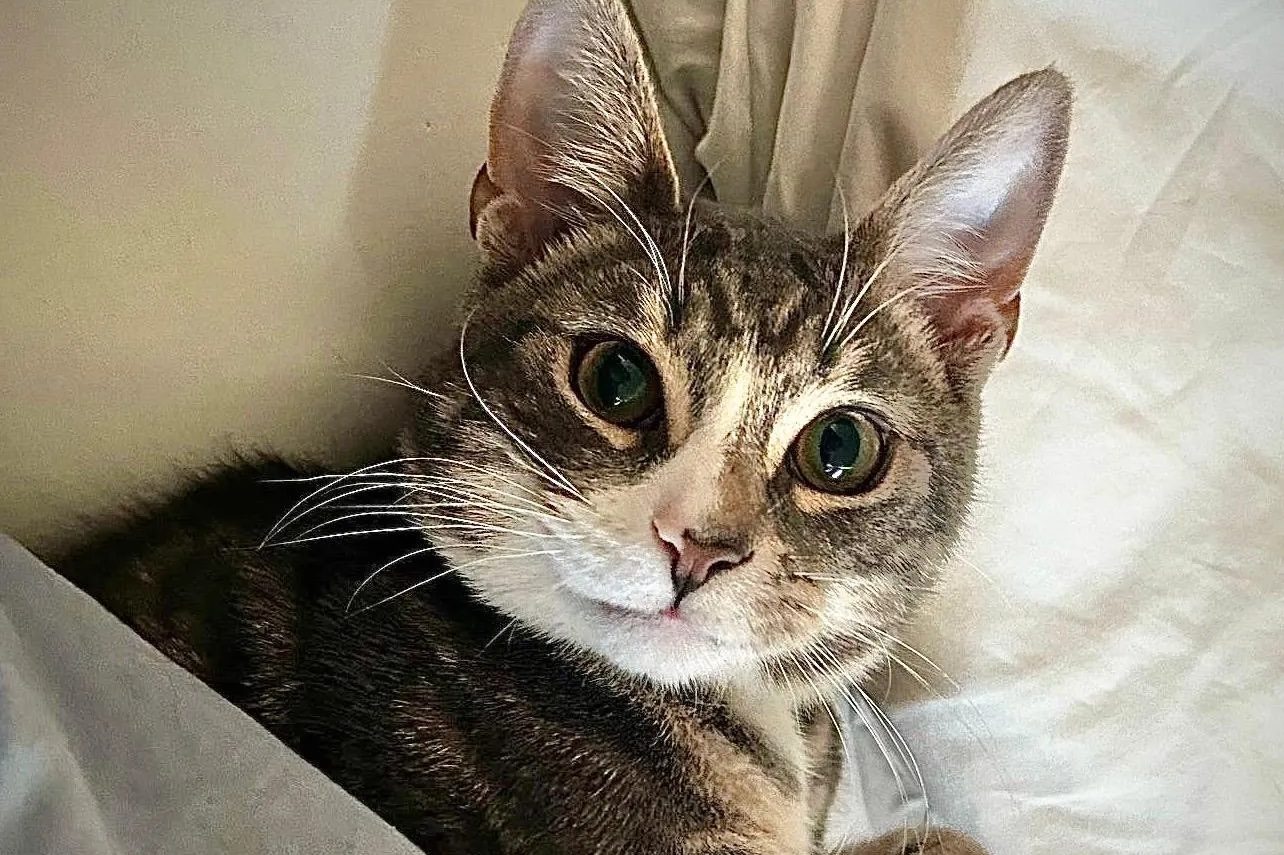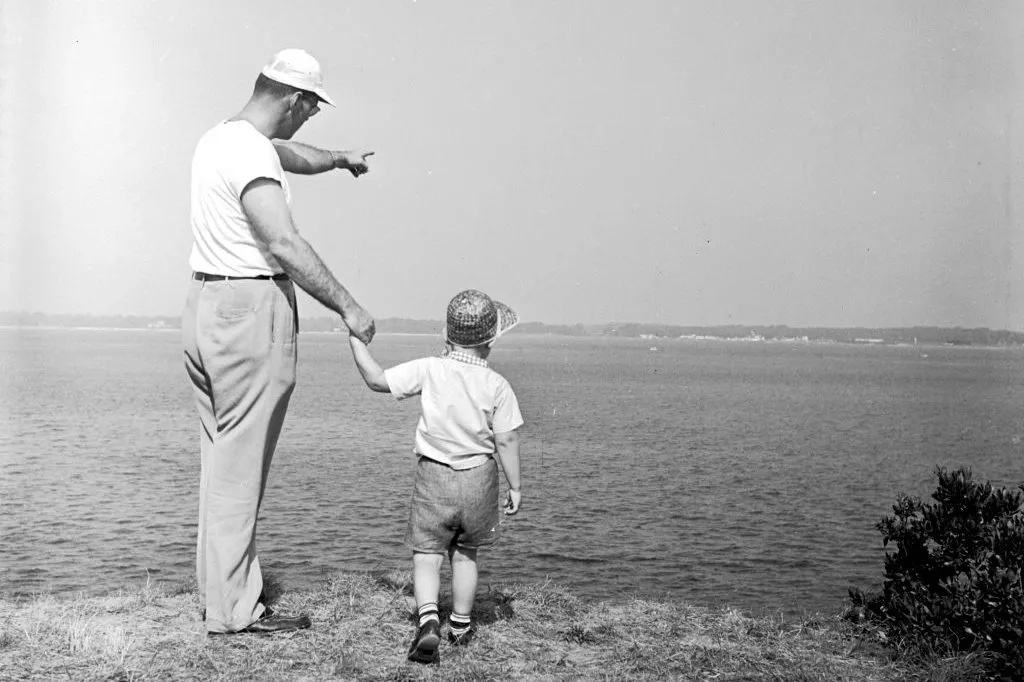This is Black History Month when we are invited to think through a certain spectrum of the people who came before us. As it happens, I am very much interested in black history. I wrote a book about it, 1620: A Critical Response to the 1619 Project, and several books about diversity, and I have been working for several years on a nearly completed documentary about the early days of black theater and film. But, lacking any black ancestors, I must make do with my own sketchy line of progenitors.
When I was growing up in the Fifties and Sixties, my father attempted to find his great-grandfather — GGF in anthropological parlance. GGF had an air of mystery since all anyone knew about him was his last name and GGM’s inveterate reply when asked about him: “He was lost at sea.” His name had been razored out of the family Bible. My father doubted the bit about his being “lost at sea.” The family haled from the far side of the Adirondacks, where few fathers were lost full fathom five. Dad wanted to know more. This led to detours on family vacations to rural cemeteries and county court houses in Upstate New York.
Family history tends to be a dull topic to anyone who is not part of the family in question — and to many who are. A novelist might carve an absorbing multi-generational saga from the right set of strivers, black sheep and jealous heirs, but most family histories bear all the excitement of someone else’s vacation slides. “Here we are at the Grand Canyon…” Listening to a family history that lacks a famous criminal or an infamous politician is like hearing a page read from a phonebook.
But many of us are indeed curious about our own families. I inherited my father’s itch and kept on looking, aided by a clue that nineteenth-century Unknown Wood’s first name may have been the exotic “Lorenzo.” Putting that together with the “lost at sea” refrain, I checked with the New Bedford Whaling Museum which maintains an archive of nineteenth-century sailors who embarked on the great fishery that inspired Ishmael, or at least Melville, and other inland lads with a taste for adventure. As luck would have it, I struck gold, or ambergris: the Museum possessed Lorenzo Wood’s whaling papers from the 1840s showed, which included his age, birthplace and a physical description. That opened a cascade of discoveries that gave the man a family, a life history, an occupation (blacksmith), the itinerary of multiple whaling voyages and a character (an irresponsible lout).
This breakthrough was back in the 1980s, pre-internet, and meant that, like my father, I ended up in dusty courthouses and dustier archives. And I also ended up with a long line of Wood ancestors before Lorenzo and some connections to living people descended through Lorenzo’s brothers.
This is small pickings compared to the industrial-strength genealogical searches made possible by today’s DNA matching. Ancestry.com, MyHeritageDNA, 23AndMe and a dozen other companies have unleashed a deluge on us all of dead relatives and obscure origins. My brother, who took up the genealogical quest after I set it aside, has now compiled a spreadsheet of thousands of our ancestors traced through dozens of lines. Because the commercial companies have my DNA, almost every week I receive alerts that yet more living relatives have been spotted. Most are on the order of fifth or sixth cousins, but occasionally someone much closer emerges from long forgotten (or hidden) liaisons. The genes don’t care if the births were accompanied by marriage certificates.
One thing the genetics teaches you is that in the very long run — tens of thousands of years — everybody is related to everybody else. The medium term — say the last 500 years — has seen some dramatic mixing of populations, but also some backwaters of relative stability. Ten generations back each of us has as many as 1,024 ancestors. (Fewer if some who were cousins mated.) According to Ancestry.com, three-quarters of my collection of GGGGGGGGGFathers and mothers came from England. My family “diversified” a bit in the last 150 years by the addition of some Scots and Alsatians. Anyone willing to spit some saliva in a tube and send it off for analysis can learn as much or more of their mysterious past.
But what does any of this mean? My uncovering Lorenzo, the blacksmith who abandoned his wife and children to go chasing whales, plainly did not mean that the family had recovered an unjustly forgotten hero. Lorenzo did not emerge from the anonymity of the dim past as admirable figure.He apparently developed a thirst for grog on his voyages and he spent considerable time on the Indian Ocean island of Mauritius, where perhaps I now have some distant cousins. His occasional trips home to Watertown, New York aroused the fury of his wife, Anne, who denounced his drinking and eventually fled west with a teetotaling companion. I can make a moderately entertaining story out of this, but not one that redounds to family honor. The Wood family line of which Lorenzo was a splinter goes back to the earliest Puritan migration of the 1630s, but for all the advantages of early arrival and supposed “white privilege,” the Woods remained very modest farmers and tradesmen for more than four hundred years. At least they stayed out of jail.
The Wood family bequeathed to me a last name, a tiny fraction of my genes and one thing more: a certain sense of connection to American history. That sense isn’t one of grand accomplishment. They didn’t do anything special. But because I know their names, where they lived and some incidental details, the Woods give me a “history from below” sense of our country. I know how they fared on the colonial frontier when it lay only a few miles inland from the New England coast. I know how the American Revolution uprooted their lives. I know something of their poverty in the decades after the Revolution. Paid for his service in the army with a small land grant in the Berkshires, Private Edward Wood — Lorenzo’s grandfather — was the sort of disheartened veteran that comprised the recruits to the nation’s first insurrection against misgovernment, Shays’ Rebellion (August 1786-February 1787). Private Edward, however, stayed home.
But something stuck.
To this day I identify more with the truckers protesting restrictions on their liberty than on the social elites who want to boss us around. It is isn’t the grandeur of my family line that fires my imagination, but its humble endurance in a country that left them alone to make their own way.
Lorenzo fits that mold. He learned a new technology when it was invented in Upstate New York in the 1830s: the smithing of high-tensile steel, i.e. steel that would stretch and twist when subject to strain rather than the old brittle steel that would snap off. That high-tensile steel was just the thing for forging harpoons in the whaling industry, and Lorenzo hustled over to New Bedford to see what it was worth to the captains to have a man who could constantly repair their most important gear. He was relatively well paid for his skills.
Of course, like everybody else, I have an abundance of other ancestors, and it is more or less arbitrary that I focused on the ones with whom a share a last name. I could dive into my brother’s DNA-driven research and perhaps discover a line of prosperous merchants or statesmen. But I don’t feel the need. I’ve found a path through the forest of dead predecessors and it suffices.
This is, of course, a very round-about comment on Black History Month, which is another version of discovering a usable past. Few of us know with any depth the lives of our grandparents and their parents, even if we can recite some of the details of who they were and where they lived. Family stories often substitute for the missing substance of first-hand knowledge, yet we yearn for something more than anecdote. Today’s identity politics steals this yearning and directs it to the simplistic answer that you are in essence the experience of your “group.” According to this view, if your ancestors can be neatly placed in the box of white oppressors or black victims of oppression, the actual details don’t matter. Aggregate history can take the place of particularity.
But aggregate history is really just a version of “lost at sea.” It washes away the specific details that represent an actual life lived for better or worse. When those details are lost or, as often happened during slavery, suppressed or erased, there may be a thirst that can never be satisfied. The new DNA technology can repair that to some extent. You might find a branch of the family that kept historical memories intact leads to old records that fill some gaps. The search itself can be rewarding even if it reaches a dead end.
Lorenzo at some point sailed out of history. I never found a record of his death. I like to think he jumped ship in Polynesia and ended up like one of the old sailors Melville observed, sporting native tattoos and living on the beach in Fatu-Hiva or some such place, and wondering from time to time what became of his children. Hey, Lorenzo, here I am.

























